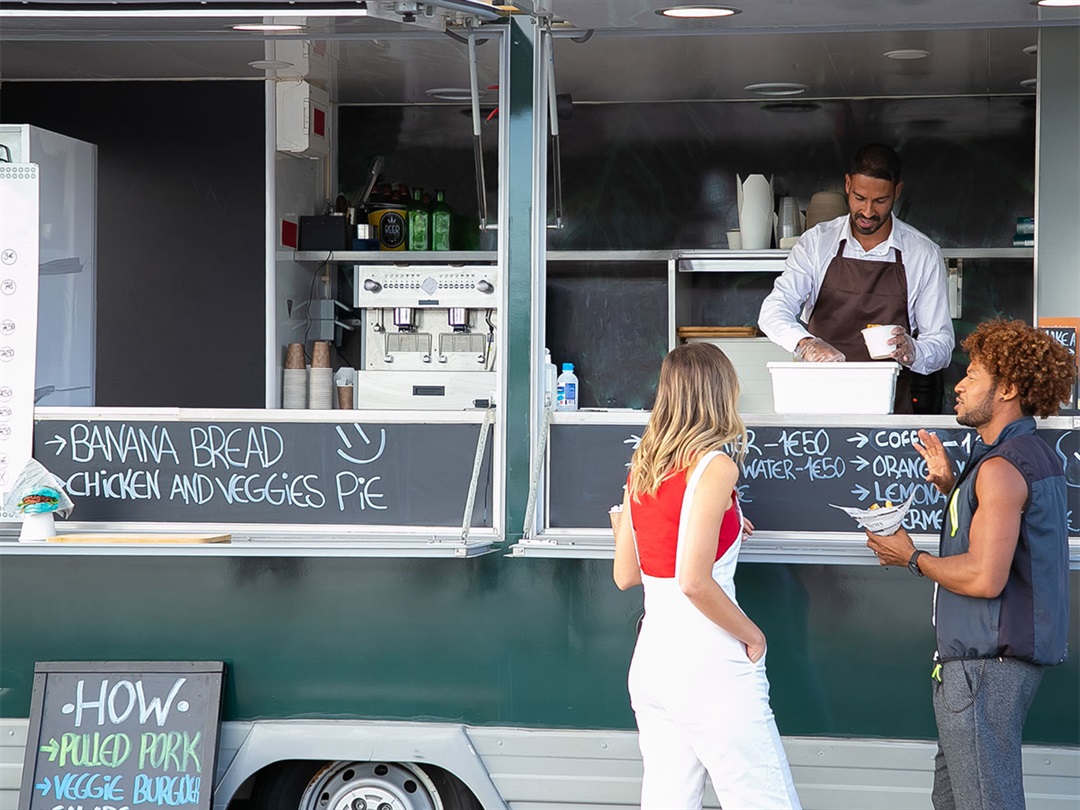Food trucks have become a ubiquitous sight on the streets of many cities, offering a diverse range of culinary delights to eager customers. Behind the scenes, however, food truck owners face unique challenges and risks that come with operating a mobile kitchen. From navigating crowded urban streets to ensuring food safety standards, there is a lot that can go wrong. That is where comprehensive food truck insurance comes into play, providing essential coverage to protect both the business and its customers. One of the primary concerns for any food truck owner is liability. Accidents can happen, whether it is a slip-and-fall incident or a foodborne illness outbreak. Liability insurance helps cover the costs of legal fees, medical expenses, and settlements that may arise from such incidents. Without this coverage, a single lawsuit could potentially bankrupt a small food truck business. In addition to liability insurance, property insurance is essential for protecting the physical assets of the food truck. This includes coverage for the vehicle itself, as well as kitchen equipment, appliances, and inventory.

Whether it is a fire, theft, or vandalism, property insurance ensures that the business can recover quickly and continue serving customers. Another crucial aspect of food truck insurance is auto coverage. Since food trucks are constantly on the move, they face a higher risk of accidents than stationary businesses. Auto insurance not only protects against collisions but also covers damage from other hazards like weather-related incidents or theft of the vehicle. With the right auto coverage, food truck owners can have peace of mind knowing that their livelihood is protected no matter where the road takes them. Furthermore, food truck insurance can include coverage for business interruption. If a food truck is forced to temporarily cease operations due to damage or other covered perils, business interruption insurance helps offset the lost income during that time. This can be a lifesaver for small businesses that rely on daily sales to stay afloat. Beyond this basic coverage, there are additional options that food truck owners may consider to tailor their insurance policies to their specific needs.
For example, spoilage insurance can reimburse the cost of perishable food items in case of a power outage or equipment failure. Liquor liability insurance is necessary for food trucks that serve alcohol to mitigate the risks associated with alcohol-related incidents. When shopping for food truck insurance, it is essential to work with an experienced agent who understands the unique challenges of the industry and read more at https://sogoinsurance.com/san-antonio/food-truck-insurance/. They can help assess the specific risks facing the business and recommend the appropriate coverage to ensure comprehensive protection. While food truck insurance is an additional expense for business owners, it is a necessary investment can save them from financial ruin in the event of an unforeseen disaster. By securing adequate coverage, food truck owners can focus on what they do best – serving up delicious meals to satisfied customers, knowing that they are protected every mile of the way. By understanding their insurance needs and working with knowledgeable agents, food truck entrepreneurs can navigate the road ahead with confidence, knowing that they are covered in case of any mishap.